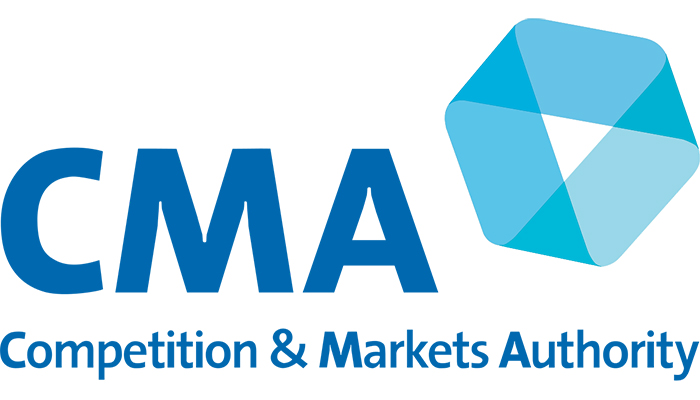New UK consumer protection laws ban fake reviews and hidden fees

New UK consumer protection laws ban fake reviews and hidden fees
Landmark new consumer protection provisions are now in force under the Digital Markets, Competition and Consumers Act 2024 (DMCCA), giving the Competition and Markets Authority (CMA) the ability to deliver more effective consumer protection. The CMA will now be able to decide whether consumer protection laws have been infringed (rather than litigating through the courts) and to tackle any breaches directly and proportionately, including through consumer redress and fines. The DMCCA includes an explicit ban on the posting and commissioning of fake reviews, and 'drip pricing’ – where shoppers are shown an initial price for a product, but more fees are added as they proceed with their purchase.
The CMA will target behaviour that is particularly harmful to consumers and represents clear infringements of the law, such as:
• aggressive sales practices that prey on consumers in vulnerable positions
• fees that are hidden until late in the buying process
• information being given to consumers that is objectively false
• unfair and unbalanced contract terms
• behaviour where the CMA has already put down a clear marker through its previous enforcement work, such as on drip pricing and fake reviews
Under the new consumer regime, if a company infringes consumer protection law, the CMA can fine them up to 10% of their global turnover. If a company breaches undertakings it has given the CMA, it could face fines of up to 5% of its global turnover – with additional daily penalties for continued non-compliance. Failure to provide information when requested (without a legitimate reason), concealing evidence, or providing false information can likewise result in a fine, with penalties of up to 1% of a business’ global turnover and additional daily penalties.
Sarah Cardell, chief executive of the CMA, said: "Consumers deserve to know that the CMA has their back; and fair-dealing businesses looking to grow and invest deserve to know that their competitors are playing by the same rules. We will use the new regime to strengthen the trust and confidence of consumers and businesses – supporting economic growth and incentivising good corporate practice.
"Most businesses work hard to serve their customers and do the right thing. We recognise the importance, particularly for small businesses, of any new rules being clear and proportionate to comply with – and that this is a period of change when they may need help to understand their legal obligations. We’re working hard to support them with that and keep burdens to a minimum – through accessible guidance and communications, as well as direct engagement – alongside listening and responding to feedback."
Tags: industry, news, competition & markets authority, cma, sarah cardell, kitchens, bathrooms



























